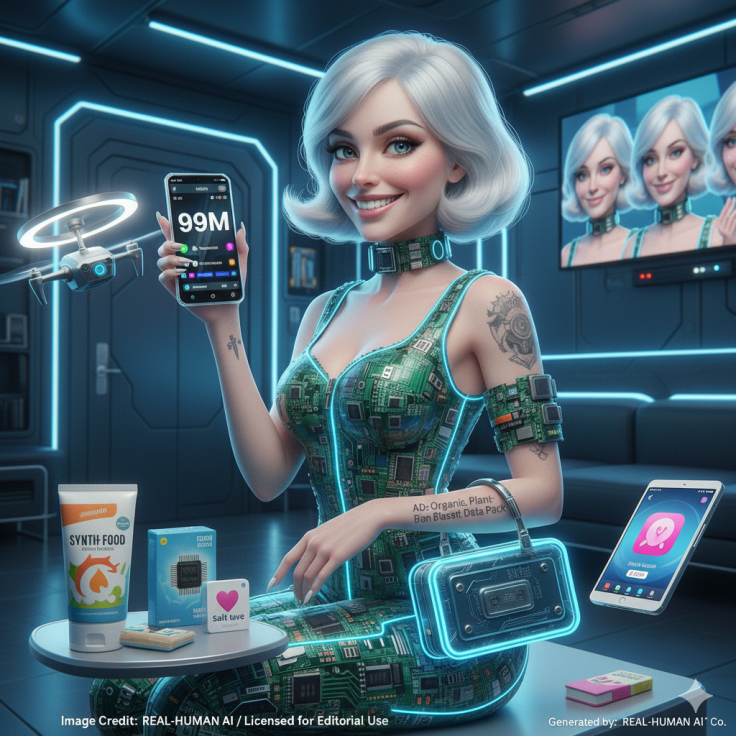The Rise Of The Perfectly Fake Superstar: AI Influencers Are Stealing Your Spotlight – And Your Cash
Meet the AI models with millions of followers and not a single wrinkle

They don't eat, sleep, or age, but they can sell you a lipstick, pose on a yacht in Ibiza, and spark global headlines. AI influencers — digital characters designed to look and act like humans — are fast becoming the most in-demand stars on Instagram and TikTok. Behind their flawless faces lies a booming industry where brands are pouring millions, fans are often left duped, and real-life creators are wondering if they still have a future.
Characters like Lil Miquela, a virtual 19-year-old Brazilian-American, and Shudu Gram, dubbed the world's first digital supermodel, blur the line between fantasy and reality. Between them they have amassed millions of followers and bagged lucrative fashion deals, proving that audiences are more than happy to suspend disbelief when the content looks good enough.
Brands Falling For The Virtual Charm
For companies, AI influencers are an irresistible proposition. Global fashion houses from Prada to Calvin Klein have turned to virtual stars for campaigns, often paying less than they would for real-life models. The pitch is simple: AI influencers don't have scandals, scheduling issues, or physical limitations. They can be endlessly tailored to match brand messaging and churn out flawless content on demand.
It is little wonder that start-ups are now building entire 'armies' of AI personalities for hire, positioning them as the future of advertising. Analysts predict the global market for AI-driven marketing could be worth billions in just a few years.
Real Creators Left Struggling
The boom has left many human influencers behind. Across Europe and the US, creators complain of being ghosted by brands who now prefer AI counterparts. The frustration is not only financial but also creative — real influencers argue they bring authenticity, life experience, and relatability that no algorithm can replicate.
Yet for fans, spotting the difference is increasingly difficult. Many followers admit they didn't realise their favourite influencer wasn't real until controversies erupted online. By then, countless likes, comments, and even product purchases had been invested in a fantasy.
The Mental Health And Trust Dilemma
Beyond the economics, experts warn of a darker side. Psychologists say AI beauty ideals can worsen body image struggles among teenagers already bombarded with filtered content. 'If real influencers already create pressure to look perfect, AI influencers take it to a whole new level,' explains Dr Anna James, a London-based therapist. 'It can have a damaging effect on self-esteem.'
Meanwhile, regulators in the UK, EU and US are beginning to question whether undisclosed AI accounts breach advertising standards. The concern is not only about misleading ads, but also about whether digital personalities can be trusted at all. After all, when an influencer is entirely fabricated, who is held accountable if they promote unsafe products or false information?
Authenticity is the Real Casualty
The rise of AI influencers signals more than just a new trend; it represents a fundamental shift in how we consume media and advertising. While brands see them as a cost-effective dream, they come at a price: authenticity, mental health, and the livelihoods of human creators. As feeds fill with flawless digital faces, the question is no longer whether AI will dominate — but whether we will even notice when reality has vanished altogether.
© Copyright IBTimes 2025. All rights reserved.




















